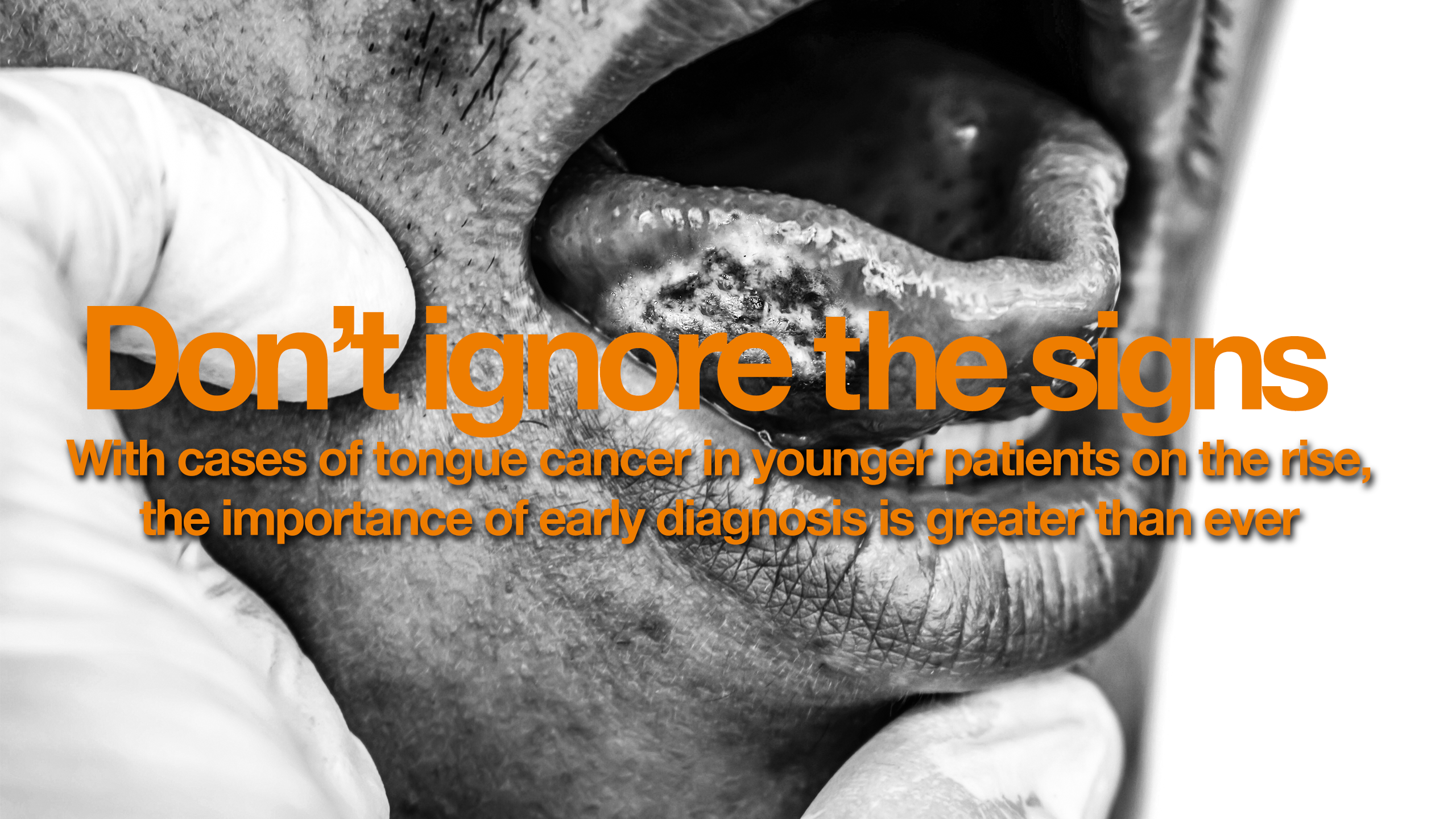(COPY) (COPY)

How perioperative care
can transform surgery
A new perspective can reduce complications, says Scarlett McNally

As surgeons, we usually know what ought to happen. Surgery has extremely high standards. Despite this, complications occur in an average of 12% of operations and are at least four times more common in patients who are frail or physically inactive; 14% of patients express regret, operating lists can be inefficient and cancellations are common. Some 47% of surgical patients (excluding those under local anaesthesia) are over age 65 and most have multiple comorbidities.
Perioperative care is a new way of looking at surgery. It is everything from surgery being contemplated to full recovery at home. The Centre for Perioperative Care (CPOC) was launched in 2019 and is hosted and largely funded by the Royal College of Anaesthetists (RCoA). The Royal College of Surgeons of Edinburgh became CPOC’s ninth major board partner this year.
There are several areas where care can be improved, as discussed below.
BETTER PREPARATION
A perioperative approach can reduce complications by 30-80% and duration of stay by one to two days (often converting a patient’s pathway to a day case). Seven interventions are effective before surgery (see below) – the same ones that reduce long-term ill-health and health inequalities. Patients listen to surgeons. This is a ‘teachable moment’ (see the guide at movingmedicine.ac.uk for how to do motivational interviewing in one minute). Prehabilitation services are great but, where these don’t exist, surgeons should lead on ensuring patients have knowledge and practical advice, and developing team members who can help.
BETTER TEAM WORKING
Departments currently often work in silos. There are duplications, delays, miscommunications, inefficiencies and late cancellations. Better team working means being realistic and meeting to define pathways together. This helps nurses and other health professionals be proactive in optimising health and planning care. It also means administrative and clinical support staff feel confident using their experience and highlighting issues. ‘Standardisation, harmonisation and education’ are useful concepts. Standard pathways need clear triggers for when to request input from the surgical team or other senior clinicians for individualised discussion.
BETTER DECISIONS
Shared decision making means discussing with the patient the benefits, risks, alternatives and non-operative options (BRAN). Optimisation (smoking cessation, exercise, etc) can also be agreed individually: 14.8% of older people cancelled their surgery after consulting with a geriatrician-led team. For emergency presentations, ‘hot clinics’ with a senior decision-maker can reduce admissions by around 20%.
Many patients are living with multiple comorbidities. The historical depiction of a passive patient following a linear trajectory of symptoms, tests, diagnosis, intervention and recovery no longer applies. Surgeons should lead on redefining how to live well and keep surgery as the ultimate intervention in a prepared patient with a supportive coordinated team.
CPOC’s multi-professional guidelines, available at
cpoc.org.uk:
● Pre-operative Assessment and Optimisation
● National Day Surgery Delivery Pack (with BADS and GIRFT)
● Diabetes
● Frailty (with BGS)
● Anaemia
● National Safety Standards in Invasive Procedures. Includes how to have an awesome ‘team brief’
● Enhanced Care (with FICM)
● Obstructive Sleep Apnoea
● FitterBetterSooner (with RCoA)
● Stopping smoking
● Exercise pre-op
● Shared Decision Making (with AoMRC)
Please use CPOC’s free resources; ask your teams to present snippets at a clinical governance or teaching session and sign up for newsletters.
References
1 Perioperative care: the key to reducing waiting lists. cpoc.org.uk
2 Scarlett McNally articles. BMJ. bmj.com/search/ advanced/mcnally









